In February 2022, the U.S. Food and Drug Administration (FDA) and the Centers for Disease Control and Prevention (CDC) issued a recall for three powdered baby formulas for possible contamination of Cronobacter or salmonella. Recalled Similac, Alimentum and EleCare products can be identified using information on the bottom of packaging.
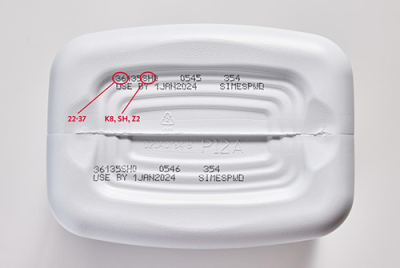
Image credit : FDA
Which formulas were recalled specifically?
The FDA is advising consumers not to use Similac, Alimentum or EleCare powdered baby formulas if:
- the first two digits of the code are 22 through 37 and
- the code on the container contains K8, SH, or Z2, and
- the expiration date is 4-1-2022 (APR 2022) or later.
In addition to products described above, Abbott Nutrition has recalled Similac PM 60/40 with a lot code of 27032K80 (can) / 27032K800 (case).
You can also enter your product lot code on the company’s website to check if it is part of the recall.
Tips for coping with the formula shortage
Unfortunately, the combination of the formula recall and supply chain issues are affecting formula availability. Although the government, manufacturers and retail stores are working hard to get products on the shelf ASAP, we anticipate to the shortage to continue into the near future. Some tips and tricks for families to help navigate the shortage are below:
- Do not dilute baby formula. Adding extra water or other liquids to baby formula can lead to serious health issues and nutritional deficits.
- Do not use homemade formulas. According to the American Academy of Pediatrics, “Although recipes for homemade formulas circulating on the internet may seem healthy or less expensive, they are not safe and do not meet your baby’s nutritional needs. Infant deaths have been reported from use of some homemade formulas.”
- Use a different brand or type of formula if available. For most babies, it is okay to switch brands. If you have concerns call your pediatrician.
- Shop at smaller stores, including pharmacies and drug stores, as they often have formula. Also, check with customer service as some stores have had to start limiting formula to customers.
- If you are feeding a baby with human milk from a source other than the baby’s mother, you should only use milk from a source that has screened its milk donors and taken other precautions to ensure the safety of the milk.
- Be aware when buying online; ensure it is from a reputable source, be cautious with retailers such as Amazon (formula companies do not regulate formula sales on Amazon, therefore check the seller, ensure it is not opened or expired).
- Can you use cow’s milk? Per the American Academy of Pediatrics, “If your child is older than 6 months of age and is usually on regular formula (not a specialty product for allergies or other special health needs), this may be an option. In a pinch, you could feed them whole cow’s milk for a brief period of time until the shortage is better. This is not ideal and should not become routine. However, it is a better option than diluting formula or making homemade formula. Although we don’t have a specific amount of cow milk that babies 6-12 months should drink in this situation, follow the limits of no more than 24 ounces a day for children over a year of age.”
- For expectant mothers who are concerned, consider providing breastmilk. If you are interested in breastfeeding/pumping talk to your healthcare provider/OB-GYN and/or delivery hospital about resources on lactation support to help you. You can also visit this site to find a lactation consultant near you.
- Actively engage with neighborhood listservs that might send notifications about finding supplies.
- Only buy enough formula to last for a few weeks so that other families can get formula too.
What alternative formulas are recommended?
- Infants on Alimentum can use Nutramigen
- Infants on Elecare can use Neocate or Puramino
- Infants on Similac can use Enfamil or Good Start or other cow milk formula, not Similac.
- Infants may also switch to the liquid formulation, as only the powder is in the recall.
What symptoms should I monitor for?
- Parents should monitor symptoms such as fever, poor feeding, fussy or low energy. Please call your provider if you have concerns.
- Infants most at risk are those under two months. If your child previously consumed the formula but isn’t experiencing any symptoms, there is no action needed.
Can I water down my formula to make it last longer?
No. Never dilute your baby formula. Babies need the full concentration and nutritional content of formulas to grow and develop properly. Watering down formula can alter the electrolyte balance and potentially cause serious problems for your baby, such as seizures.
Additional resources
 https://riseandshine.childrensnational.org/wp-content/uploads/2025/08/red-gummies-feature.jpg
300
400
webteam
https://riseandshine.childrensnational.org/wp-content/uploads/2017/11/childrens_riseandshine_logo.jpg
webteam2025-08-07 10:08:022025-08-07 13:12:22What parents need to know about Red Dye No. 3
https://riseandshine.childrensnational.org/wp-content/uploads/2025/08/red-gummies-feature.jpg
300
400
webteam
https://riseandshine.childrensnational.org/wp-content/uploads/2017/11/childrens_riseandshine_logo.jpg
webteam2025-08-07 10:08:022025-08-07 13:12:22What parents need to know about Red Dye No. 3






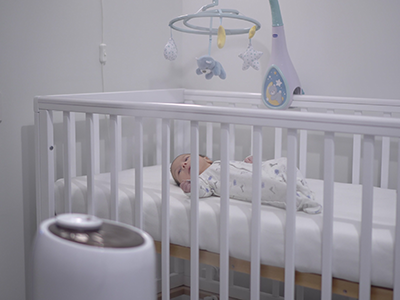
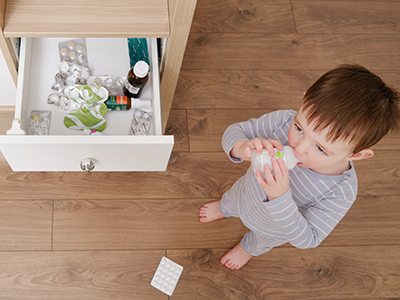
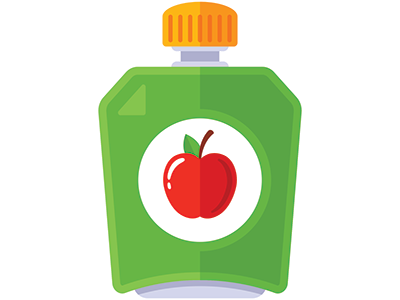
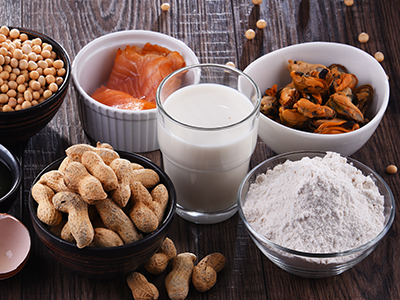
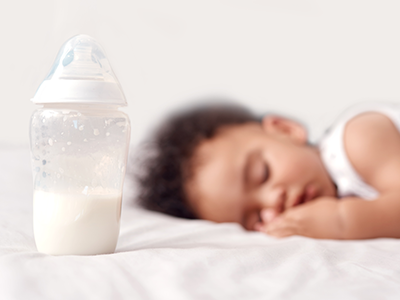
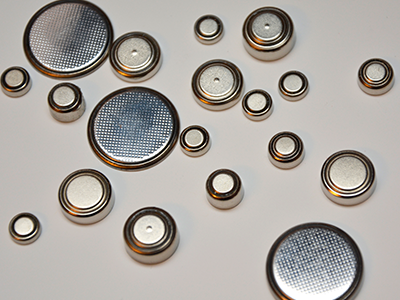



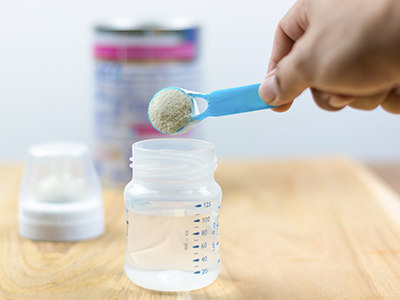





Leave a Comment
Want to join the discussion?Feel free to contribute!